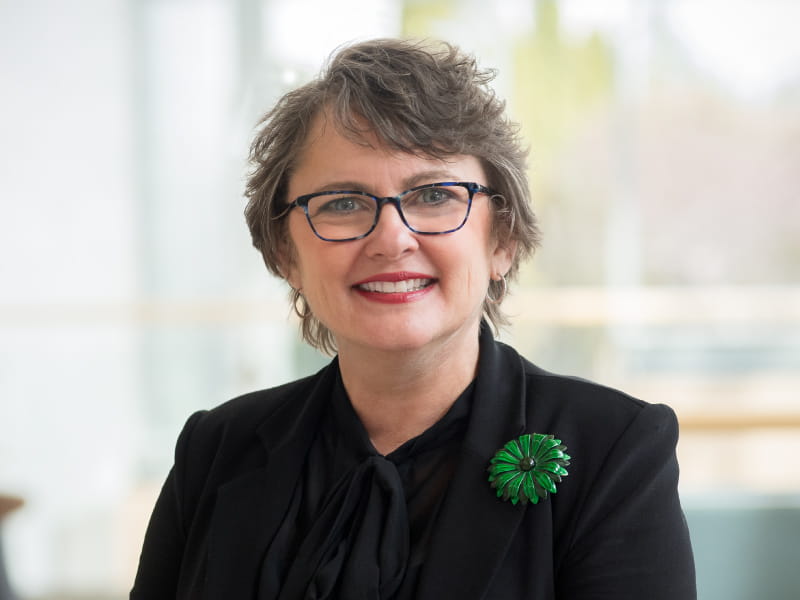Heart-health expert envisions more diversity among doctors, scientists

Over the last three decades, Dr. Mary Cushman has emerged as a national leader in cardiovascular health.
But the journey hasn't been easy – she's had to overcome more obstacles than most of her male counterparts.
"I've learned we're not gender blind," said Cushman, a hematologist and professor of medicine and pathology at the University of Vermont. "It's nobody's fault. Unconscious biases are just baked into you.
"But as we create a pipeline of future leaders, we have to make sure women in science overcome these biases and have every possible opportunity to grow their careers."
Cushman's contributions to the AHA in this area are why she's the recipient of the 2020 Award of Meritorious Achievement. She'll be honored during the association's live stream event on October 27.
Cushman, who has worked on dozens of AHA committees, co-authored countless papers and won a case full of awards, has made far-reaching contributions on the local, regional and national levels. They include service as chair of council operations and as a national board director.
Currently, she is chair of the Go Red for Women in Science and Medicine Task Force, where she pilots programs to help women better understand their risk for heart disease.
"Volunteering with the AHA has been one of the best parts of my career," she said. "I can't say enough about how it helped me develop my own skills as a scientist, grow as a leader and connect with other people who have a passion for preventing heart disease and stroke."
Cushman grew up in suburban Springfield, Massachusetts, in an era when women weren't encouraged to become doctors. "My mother wanted me to have an easier, more traditional life and not have to work so hard," she said.
But she fell in love with biology as a child and made her way to medical school at the University of Vermont – "a very progressive school" in terms of gender equality, she said. Nearly half of her 1989 graduating class were women, so she didn't think much about gender politics.
"I just put my head down and did my work," she said. "I never went to the women-in-medicine (support) groups, because I didn't think I needed it."
In retrospect, she wishes she had. "Like many, I've had experiences that showed me I was viewed differently (than men)."
In recent years, she's served on committees for gender and racial diversity for the AHA and the University of Vermont's Larner College of Medicine. "I've really come to appreciate the value of specific programs," she said.
She's also been a pioneer for the AHA in early-career development programs, setting up AHA programs that guide, counsel and inspire the next generation of scientific leaders. Thanks to her efforts, early-career development programs have multiplied in the AHA.
"It's really been a great thing," she said. "It's gratifying to see so many early-career professionals who want to be involved and want to feel like they're part of something larger."
That sense of pride and involvement will grow even stronger in the wake of the coronavirus pandemic, she said.
"I think there's going to be profound change. It's a turning point in the public eye and it's creating a new vision of health care workers as heroes, which, of course, they've always been."
The next step, she said, is to nudge more kids into becoming doctors and scientists, especially girls and those from under-resourced communities.
"There has to be that spark for our children to explore things they're interested in," she said, recalling her own childhood inspiration in biology class.
"I want to see more girls choosing STEM and thinking that science is cool. To do that, we have to make science more accessible and show them how it works … because if you don't show them, they'll never think it's possible."





